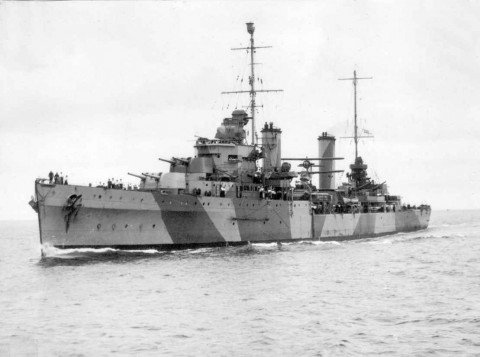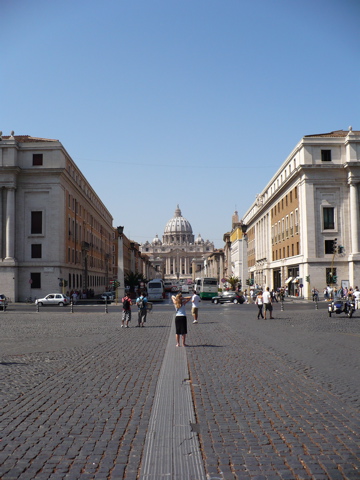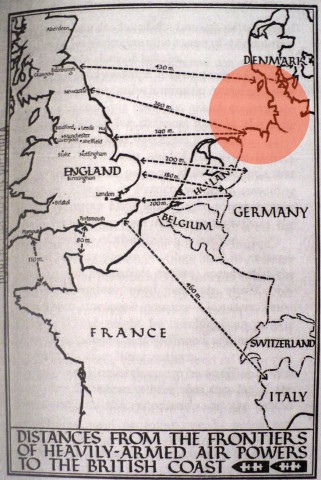State of the military historioblogosphere, March 2008
[Cross-posted at Revise and Dissent.] It’s time again for my six-monthly look at that portion of the blogosphere devoted to military history, as defined by the ‘Wars and Warriors’ section of Cliopatria’s blogroll. So, let’s begin. Not a lot has changed since September, actually, and this plot shows why: the number of military history blogs […]



